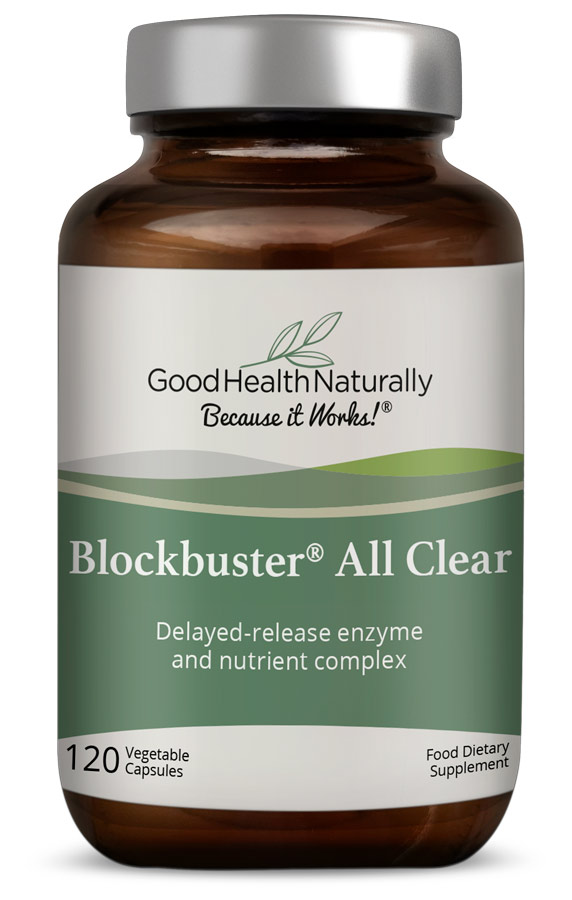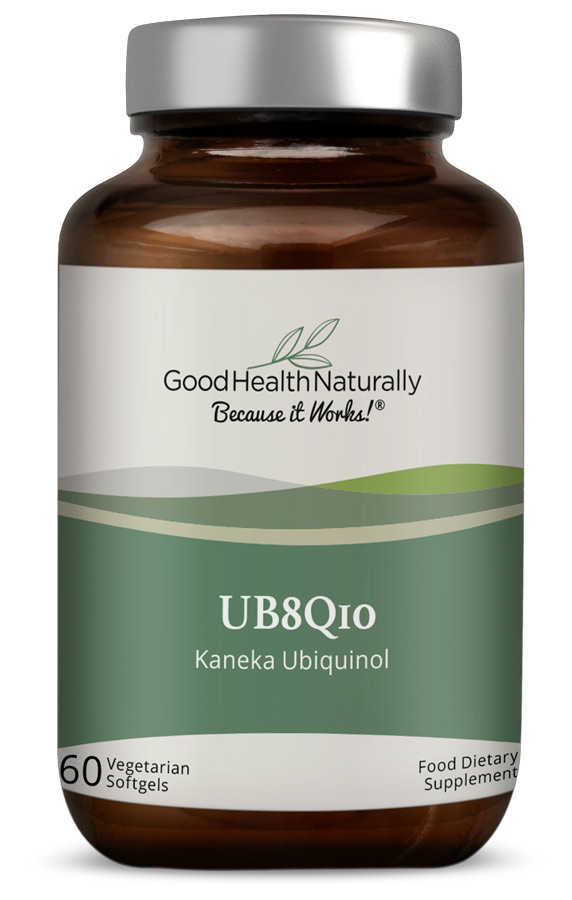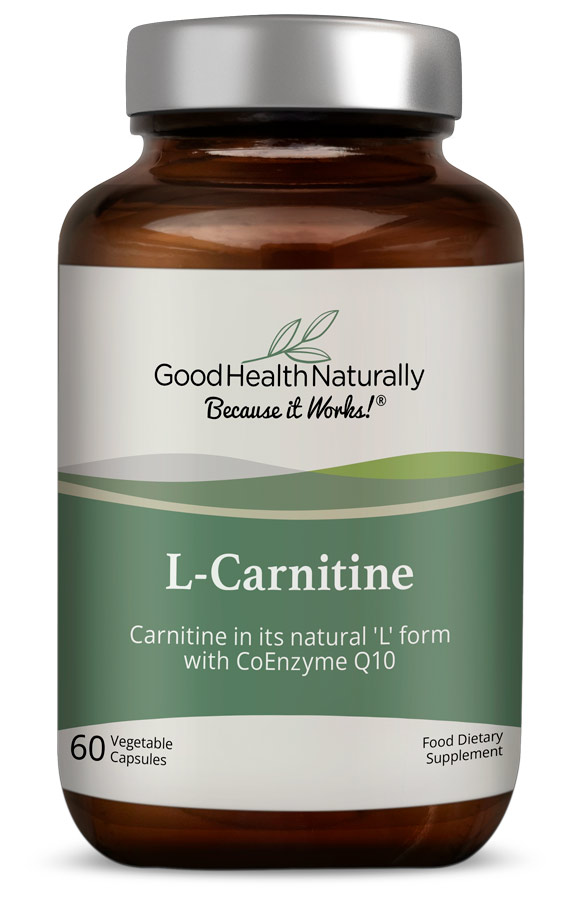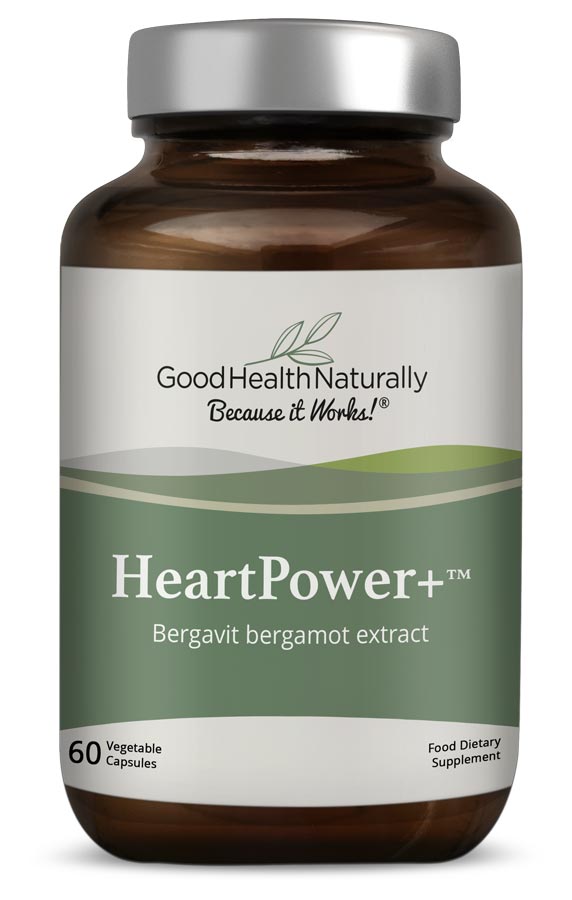And What We Should REALLY be Doing to Help Keep Our Hearts Healthy
Introduction
Cholesterol is good for you, playing an essential role in maintaining overall health and supporting vital bodily functions.
Does that sentence surprise you?
For decades, the medical establishment has painted cholesterol as the villain in the battle against heart disease. The same health industry has told us to avoid high-cholesterol foods, fear saturated fats, and rely on statins to keep our cholesterol levels low.
But what if this conventional wisdom is misguided and potentially harmful?
And what if flawed research and questionable statistical crunching have obstructed progress and understanding of the real causes of heart disease?
The prevailing beliefs about cholesterol and the so-called solutions offered by drugs and drug companies have ignored the fact that cholesterol is good for you and needed by every cell in the body for us to survive! The liver makes 75% of the body’s cholesterol, and food sources make up the other 25%. The body makes large quantities of cholesterol because it is critical for your health and well-being.
The Cholesterol Myth: Where did it begin?
The demonisation of cholesterol began in the mid-20th century with the rise of the diet-heart hypothesis. This myth suggested that dietary cholesterol and saturated fat raised blood cholesterol levels, leading to heart disease. Despite being based on flawed and selective research, the hypothesis gained traction. For example, the Seven Countries Study, led by Ancel Keys, suggested a correlation between fat intake and heart disease. However, it ignored data from countries that did not fit the hypothesis. Even within the countries studied, there were flaws. In Crete, the people were known by Keys to follow his preferred Mediterranean diet. Yet data was gathered during Lent when most of the population was not eating meat or dairy.
Another study, the Minnesota Coronary Experiment from the 1960s, was not published. This is most likely because more recent analysis of the results indicated that individuals with the lowest cholesterol levels were twice as likely to die as those with the highest cholesterol levels.
Several other studies that linked cholesterol to heart disease also often suffered from methodological flaws, such as small sample sizes and biased data selection. Despite these issues, influential health organisations accepted and promoted the hypothesis. This led to widespread dietary recommendations to reduce cholesterol and fat intake.
Follow the Money
The pharmaceutical and food industries have also played significant roles in perpetuating the cholesterol myth. You only have to follow the money to understand why.
The promotion of cholesterol-lowering statins created a lucrative market for drug companies. So lucrative, in fact, that, earlier this century, one company delayed the results of its research, which incidentally concluded that the drug did not work, until after it had claimed 20% of the cholesterol-reducing market in the USA and netted $4 billion in just one year.
A 2021 study from America’s Health Insurance Plans investigation showed that seven examined drug manufacturers allocated significantly more funds to marketing than research and development. They concluded, “Big Pharma’s practices clearly show that their growth strategy is based on selling a greater volume of drugs to patients.”
Food manufacturers have also capitalised on the low-fat craze by producing supposedly “heart-healthy” products. These products are typically loaded with sugar and processed ingredients.
Flawed solutions
With the medical establishment blaming high cholesterol levels for heart disease, the solution, therefore, focused on reducing them. And statins seemed to fit the bill.
Firstly, statin drugs deplete your body of Coenzyme Q10 (CoQ10). This compound is essential for cell growth, heart health, muscle function, and the immune system. Unfortunately, doctors rarely inform patients of this risk or advise them to take a CoQ10 supplement. A shortage can lead to risks of fatigue, muscle weakness, soreness, and potentially heart failure! There are also a whole host of other documented side effects of statins, including depression, liver problems and more.
A recent long-term study tracking nearly 26,000 patients found that statin use is associated with an 87% increase in the risk of new-onset diabetes, diabetic complications, and overweight/obesity.
Perhaps worse still, some researchers have concluded that contrary to the prevailing belief that statins reduce atherosclerosis, they consider that statins may cause coronary artery calcification, which in turn impairs heart muscle function.
However, drug companies love their highly profitable statins and are great at twisting statistics to suit their needs. For example, one company claimed their statin drug reduced heart attacks by 36%. When looking closer at the figures, it turns out this referred to a large clinical study where 3% of patients taking a sugar pill or placebo had a heart attack compared to 2% of patients taking the statin. In other words, one hundred people have to take the drug for more than three years to prevent one heart attack. And the other 99 people, well, they’ve cost themselves, or their healthcare provider, money and increased their risk of many side effects for nothing.
Why cholesterol is good for you, and what is it?
Cholesterol is a fat-like waxy substance that plays crucial roles in the body, including maintaining cell membrane integrity, producing hormones, and aiding digestion. It’s used in large quantities every second of the day. The brain contains 25% of the body’s cholesterol, so it is no surprise that cholesterol plays a crucial role in cognitive function, aiding memory formation and supporting neurological processes.
Cholesterol is transported in the blood as lipoproteins, primarily low-density lipoprotein (LDL) and high-density lipoprotein (HDL). While LDL is often labelled “bad” cholesterol and HDL “good” cholesterol, this oversimplification ignores the complexities of how these lipoproteins function. LDL is necessary for delivering cholesterol to cells, and not all LDL is harmful. Relying solely on total cholesterol and LDL levels as markers for heart disease risk is misleading. Many people with normal or even low cholesterol levels still suffer from heart disease, while others with high cholesterol remain healthy.
The Real Culprits Behind Heart Disease
Chronic inflammation and oxidative stress are major contributors to heart disease. Factors such as poor diet, lack of exercise, stress, and environmental toxins can cause inflammation, leading to damage in the arteries and increased heart disease risk.
A high intake of sugar, processed foods and trans fats harms heart health more than dietary cholesterol and fat. Unhealthy foods contribute to inflammation, insulin resistance, and metabolic syndrome, all of which increase the risk of heart disease.
Lifestyle choices such as smoking, sedentary behaviour, and poor sleep also play significant roles in heart health. These factors can exacerbate inflammation, oxidative stress, and other risk factors for heart disease.
What We Should REALLY Be Doing for Heart Health
Adopting a diet rich in whole, unprocessed foods is crucial for heart health. Focus on incorporating plenty of fruits, vegetables, healthy fats and lean proteins.
Regular exercise helps maintain cardiovascular health by improving circulation, reducing inflammation, and supporting overall fitness. Walking, swimming, cycling, and strength training are particularly beneficial.
Chronic stress significantly impacts heart health. Incorporating mindfulness, meditation, yoga, tai chi, chi gong, and deep breathing exercises into your daily routine can help mitigate stress.
Quality sleep is essential for heart health, allowing the body to repair and rejuvenate. To improve sleep quality, aim for 7-9 hours of sleep per night and establish a consistent sleep schedule.
Nattokinase can be a useful and natural supplement to help clean the blood and support arterial health and circulation. Other enzymes, such as protease, lipase, and amylase, can also support this process. Botanicals such as the antioxidants grape seed extract and pycnogenol can help protect cells from free radical damage while also assisting in the promotion of healthy circulation.
Conclusion
The conventional approach to cholesterol and heart health is based not only on outdated and flawed understandings but also on potentially dangerous solutions. It ignores the fact that not only is cholesterol good for you, but it is also essential for life. By focusing on improving relevant lifestyle factors, we can adopt more effective and safer strategies.
References:
- https://www.diabetes.co.uk/in-depth/fat-politics-nina-teicholz-seven-countries-study-dietary-policy/
- https://www.sciencedirect.com/science/article/abs/pii/S0895435602005048
- https://media.mercola.com/assets/pdf/ebook/how-to-lower-cholesterol.pdf
- https://www.csrxp.org/icymi-new-study-finds-big-pharma-spent-more-on-sales-and-marketing-than-rd-during-pandemic/
- https://www.ahip.org/news/articles/new-study-in-the-midst-of-covid-19-crisis-7-out-of-10-big-pharma-companies-spent-more-on-sales-and-marketing-than-r-d
- https://link.springer.com/article/10.1007/s11606-015-3335-1
- https://www.medscape.com/viewarticle/845232
- https://informahealthcare.com/doi/abs/10.1586/17512433.2015.1011125
- https://media.mercola.com/assets/pdf/ebook/how-to-lower-cholesterol.pdf








